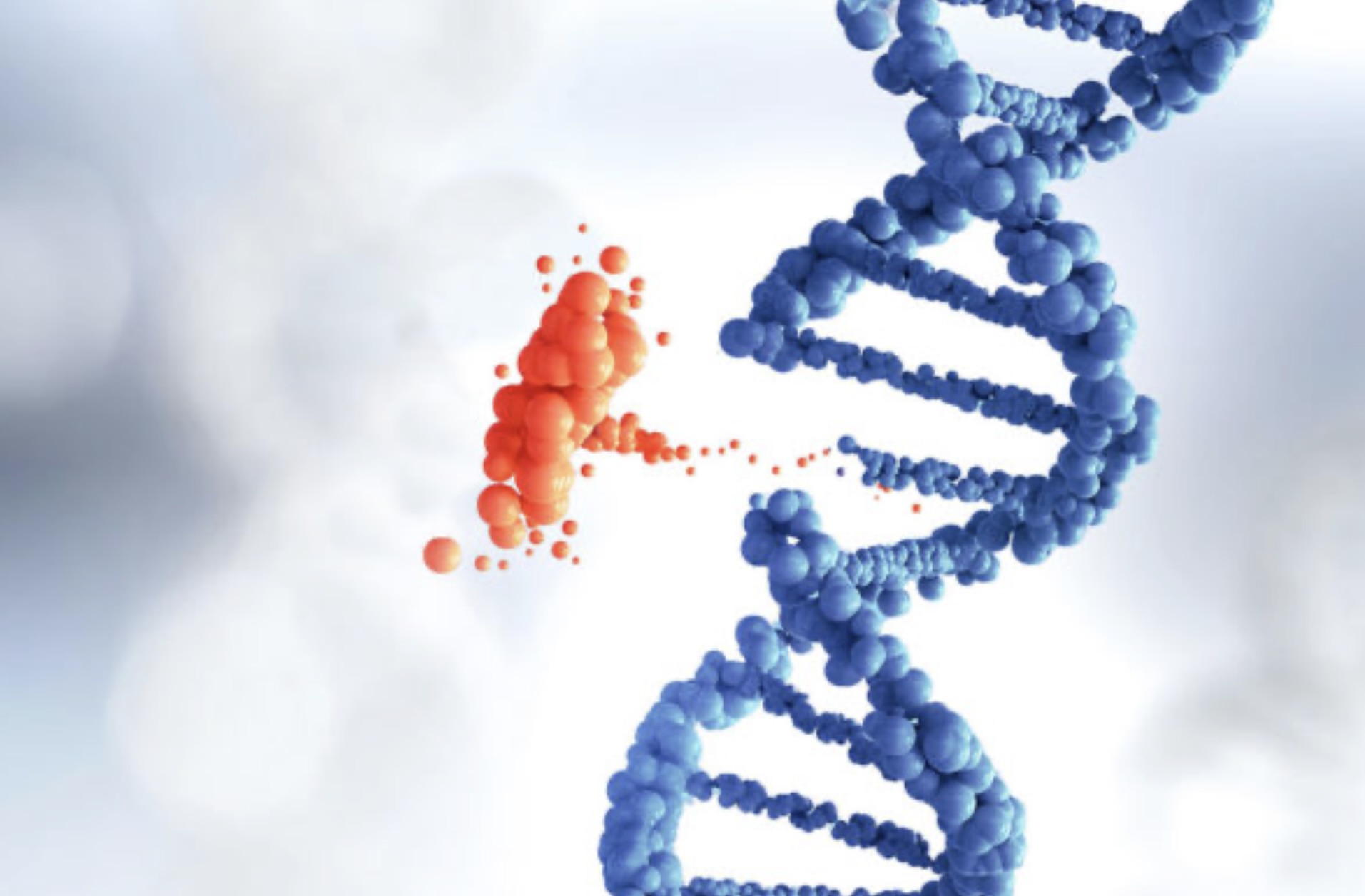Hunter Syndrome: Symptoms, Causes, Treatment
What are the symptoms of Hunter syndrome?
Hunter syndrome, also known as mucopolysaccharidosis type II (MPS II), is a rare genetic disorder that primarily affects males. It is caused by a deficiency of the enzyme iduronate-2-sulfatase, which is needed to break down certain complex molecules in the body. The symptoms of Hunter syndrome can vary widely but often include:
- Facial features: Coarse facial features, including a prominent forehead, thickened skin, and a flattened nasal bridge.
- Skeletal abnormalities: Skeletal abnormalities such as short stature, thickened bones, and joint stiffness.
- Organ enlargement: Enlargement of the liver and spleen (hepatosplenomegaly).
- Cardiovascular problems: Heart valve abnormalities, which can lead to heart problems.
- Respiratory issues: Obstructive airway disease and sleep apnea.
- Central nervous system involvement: Developmental delay, cognitive impairment, and behavioral problems.
- Hearing loss: Progressive hearing loss, often starting in early childhood.
- Vision problems: Corneal clouding and retinal degeneration, which can lead to vision loss.
- Gastrointestinal issues: Thickening of the lining of the digestive tract, which can cause abdominal pain, diarrhea, and poor appetite.
- Joint stiffness: Stiffness and limited range of motion in the joints.
Symptoms of Hunter syndrome can vary widely among affected individuals, and the severity of the condition can also vary. Early diagnosis and management by a team of healthcare providers familiar with MPS disorders can help improve outcomes and quality of life for individuals with Hunter syndrome.
What are the causes of Hunter syndrome?
Hunter syndrome, or mucopolysaccharidosis type II (MPS II), is caused by mutations in the IDS gene, which provides instructions for making the enzyme iduronate-2-sulfatase. This enzyme is responsible for breaking down complex molecules called glycosaminoglycans (GAGs) in the body.
In individuals with Hunter syndrome, mutations in the IDS gene result in a deficiency or absence of iduronate-2-sulfatase enzyme activity. As a result, GAGs accumulate in various tissues and organs of the body, leading to the characteristic signs and symptoms of the condition.
Hunter syndrome is inherited in an X-linked recessive pattern, which means that the gene responsible for the condition is located on the X chromosome. Since males have only one X chromosome (in addition to a Y chromosome), they are more severely affected by X-linked recessive disorders than females, who have two X chromosomes.
Females who carry a single copy of the mutated IDS gene are usually asymptomatic or have mild symptoms of the condition. However, they can pass the mutated gene on to their children. Males who inherit the mutated gene from their mothers will have Hunter syndrome, while females who inherit the mutated gene from both parents (a rare occurrence) can have a more severe form of the condition.
What is the treatment for Hunter syndrome?
Currently, there is no cure for Hunter syndrome, also known as mucopolysaccharidosis type II (MPS II). Treatment focuses on managing symptoms and improving quality of life. Treatment options for Hunter syndrome may include:
- Enzyme replacement therapy (ERT): ERT involves regular infusions of a synthetic version of the enzyme iduronate-2-sulfatase, which is deficient in individuals with Hunter syndrome. ERT can help reduce the accumulation of glycosaminoglycans (GAGs) in the body and improve symptoms.
- Supportive care: This may include physical therapy, occupational therapy, and speech therapy to help manage joint stiffness, improve mobility, and address speech and language difficulties.
- Surgical interventions: In some cases, surgery may be needed to address complications of Hunter syndrome, such as hernias, airway obstruction, or skeletal abnormalities.
- Medications: Medications may be prescribed to manage symptoms such as pain, inflammation, and insomnia.
- Management of complications: Complications of Hunter syndrome, such as cardiovascular issues, respiratory problems, and vision and hearing impairments, may require specialized care and treatment.
- Gene therapy: Research is ongoing into gene therapy approaches for treating Hunter syndrome. Gene therapy aims to introduce a functional copy of the IDS gene into the body to enable the production of the missing enzyme.
- Clinical trials: Participation in clinical trials may be an option for individuals with Hunter syndrome. Clinical trials evaluate new treatments and therapies for safety and effectiveness.
The management of Hunter syndrome requires a multidisciplinary approach, involving a team of healthcare providers familiar with the condition. Regular monitoring and early intervention can help improve outcomes and quality of life for individuals with Hunter syndrome.




